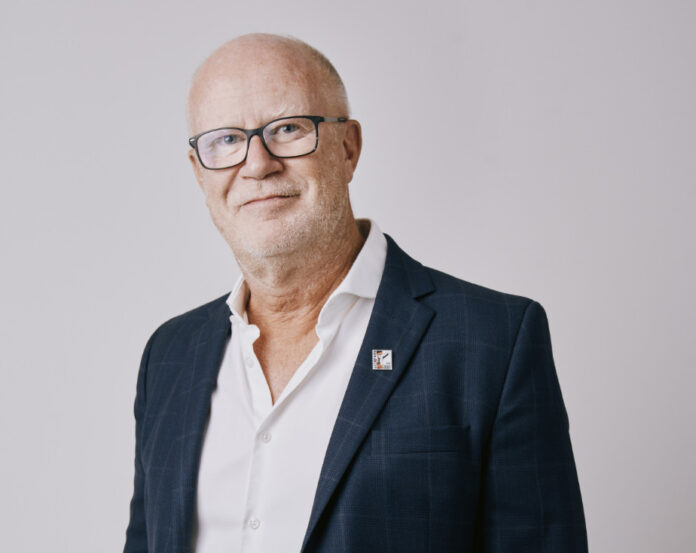SOPHIA ANTIPOLIS, France — Median Technologies has submitted a 510(k) application to the U.S. Food and Drug Administration for clearance of eyonis® LCS, its artificial intelligence-based software designed to aid in lung cancer screening. The application follows positive results from two pivotal clinical studies, REALITY and RELIVE, both of which met their primary endpoints, demonstrating strong safety and efficacy.
Eyonis® LCS is part of Median’s suite of AI-powered Software as a Medical Device (SaMD) solutions aimed at early cancer detection. The software uses machine learning to assist radiologists in identifying and characterizing lung nodules from low-dose CT scans, potentially improving diagnostic accuracy and efficiency in high-risk populations.
According to Median, the REALITY study, released in August 2024, demonstrated an area under the curve (AUC) of 0.904, well above the 0.80 threshold set for success. In the RELIVE study, published in March 2025, radiologists using eyonis® LCS significantly outperformed unaided radiologists, with results showing statistically significant improvements in diagnostic accuracy. The system was also found to enhance workflow efficiency by enabling faster and more confident interpretations of screening scans.
“This FDA submission is a major step forward for both Median and the field of early cancer detection,” said Fredrik Brag, CEO and Founder of Median Technologies. “The strong results from our pivotal studies confirm that eyonis® LCS has the potential to be a transformative tool in lung cancer screening, providing earlier and more accurate diagnoses at scale.”
The company anticipates FDA clearance by the third quarter of 2025, based on current regulatory review timelines for radiological medical devices.
Lung cancer screening is currently recommended in the U.S. for adults aged 50 to 80 with a 20 pack-year smoking history. The eligible population exceeds 14 million people, and eyonis® LCS could play a significant role in expanding access to effective screening. With an estimated reimbursement of $650 per screening exam using AI-assisted software, the total addressable market in the U.S. alone is valued at more than $10 billion annually. That figure is expected to grow as eligibility criteria expand and as lung cancer screening programs are rolled out across Europe and Asia.
Median notes that the economic implications are significant. In 2023, the U.S. spent nearly $230 billion on direct medical costs for cancer care, the majority of which went toward treating advanced-stage patients. Eyonis® LCS, by improving early detection, may offer a more cost-effective approach while also improving patient outcomes.
The company positions eyonis® LCS as a breakthrough in radiology-assisted diagnostics, with the potential to reshape how healthcare systems approach lung cancer screening and prevention on a global scale.


